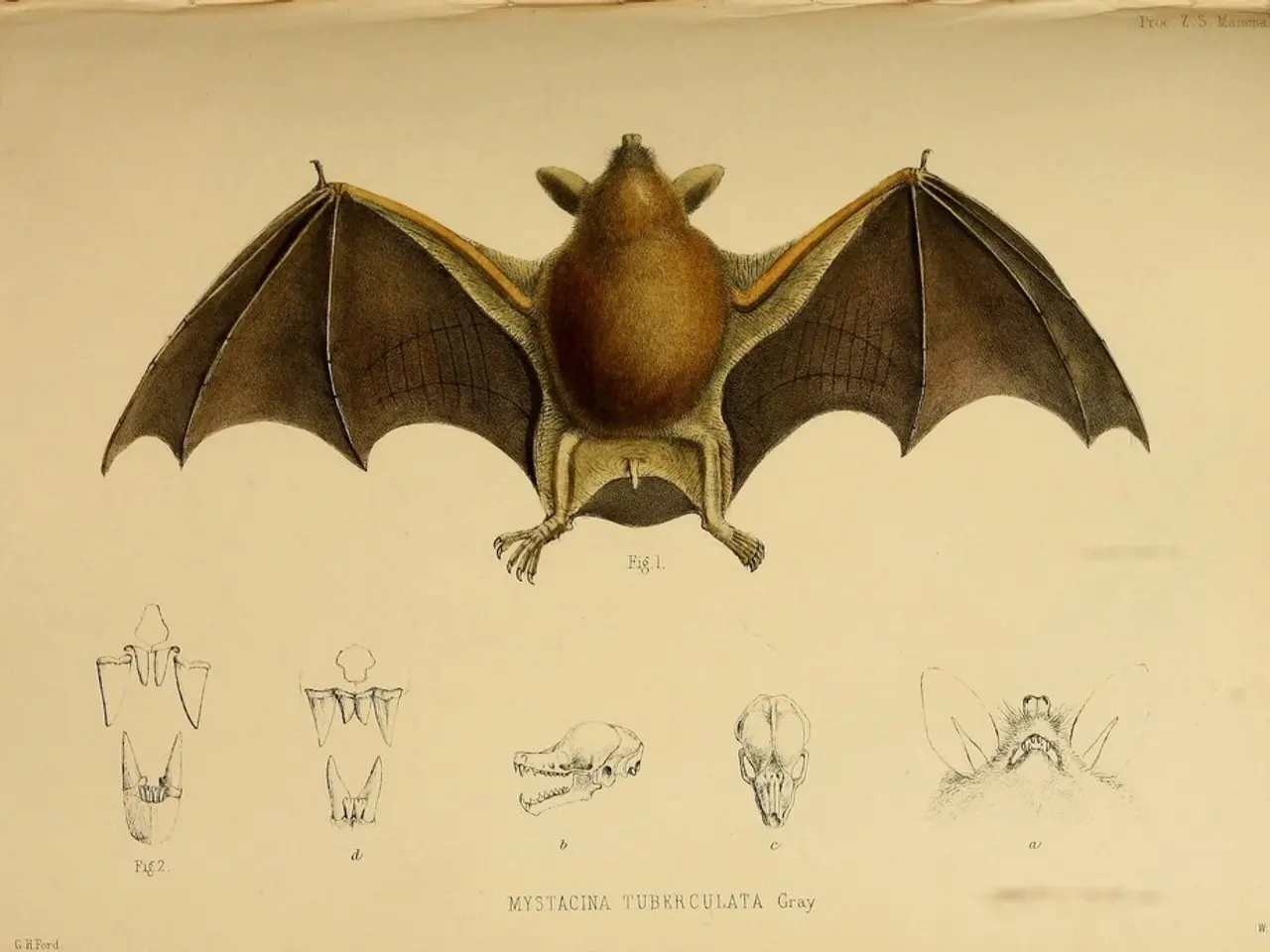Svolt Energy initiates trial manufacturing of semi-solid-state batteries by end of Q4
Svolt Energy, a spin-off from Great Wall Motor established in February 2018, has made significant strides in the battery industry. The company recently unveiled its Dragon Armor Battery technology and announced plans for trial production of its first-generation semi-solid-state batteries in Q4.
These batteries, with an energy density of 300 Wh/kg, are set to be supplied to BMW's Mini brand for its next-generation models, with mass production planned for 2027.
Key Features and Advantages of Svolt's First-Generation Semi-Solid-State Batteries
Compared to their second-generation semi-solid-state and all-solid-state battery counterparts, Svolt's first-generation semi-solid-state batteries offer several key features and advantages.
- High Energy Density: With an energy density of 300 Wh/kg, these batteries provide a significant improvement over traditional lithium-ion batteries.
- Cost-Effective: The costs of Svolt's first-generation batteries are below the industry average, making them a cost-effective solution for mass production.
- Manufacturing Compatibility: These batteries are fully compatible with existing liquid battery production lines, allowing the use of current manufacturing infrastructure and avoiding redundant investment.
- Proprietary Technologies: Svolt's first-generation batteries employ proprietary technologies like Separator Transfer Technology and Thermal Composite Transfer Solid-State Electrolyte Technology.
- High Yield Rates: The batteries' stacking process addresses solid electrolyte brittleness, resulting in yield rates exceeding 90%.
- Capacity: The batteries have a capacity of 140Ah, with planned production starting Q4 2025 and deployment in BMW MINI’s 2027 models.
Improvements in Second-Generation Semi-Solid-State Batteries
Svolt's second-generation semi-solid-state batteries are expected to achieve an energy density of 360 Wh/kg, presumably with further performance and cost improvements over the first generation, although details are less specified.
All-Solid-State Battery Prospects
All-solid-state batteries aim for even higher energy densities, reaching 400 Wh/kg, particularly for demanding applications such as eVTOL (electric vertical takeoff and landing aircraft). These batteries use a fully solid electrolyte and potentially lithium-metal anodes, enhancing safety, thermal stability, energy density, and faster charging relative to liquid or semi-solid electrolytes.
Summary of Advantages
| Feature/Advantage | 1st-Gen Semi-Solid-State | 2nd-Gen Semi-Solid-State | All-Solid-State Battery | |----------------------------------|-------------------------------------------|--------------------------------|-------------------------------------------| | Energy Density | ~300 Wh/kg | ~360 Wh/kg | ~400 Wh/kg | | Manufacturing Compatibility | Compatible with existing liquid battery lines (avoids new tooling) | Likely same or improved | Requires new manufacturing processes | | Yield Rates | >90% due to stacking process combating electrolyte brittleness | Expected improved | Currently challenging to maintain high yield| | Cost | Below industry average | Likely remains competitive | Typically higher due to novel materials | | Safety and Stability | Improved over liquid batteries but not fully solid electrolyte | Better | Best due to fully solid electrolyte, reducing thermal and fire risks | | Application | Automotive (BMW MINI 2027) | Automotive & mass adoption soon| High-performance, niche (eVTOL) |
In essence, Svolt’s first-generation semi-solid-state battery balances improved energy density and safety with cost-effective scalability by leveraging existing manufacturing lines and maintaining high yield. Later generations and full solid-state designs push energy density and safety further but face higher manufacturing complexity and costs.
Additional context from other companies indicates that semi-solid-state technology also supports fast charging, longer life, and improved safety beyond traditional lithium-ion batteries, which aligns with Svolt's performance goals.
Thus, Svolt's approach with Gen-1 semi-solid hybrid batteries offers a practical near-term solution combining enhanced performance with manufacturability advantages, while second-gen and all-solid-state iterations aim for higher energy densities and broader advanced applications, albeit potentially at higher costs and manufacturing hurdles.
Further Developments
Svolt ranks ninth in the domestic power battery market with a 2.06 percent share, according to data from the China Automotive Battery Innovation Alliance (CABIA). The company's new-generation Dragon Armor Battery, a ternary lithium battery for extended-range electric vehicles (EREVs) with a capacity of up to 65 kWh, is one of China's largest battery manufacturers, with a battery installation volume of 1.20 GWh in June.
The Dragon Armor Battery with lithium iron phosphate cells could achieve a volume packaging efficiency of 76 percent and a range exceeding 800 kilometers. Those using ternary cells can exceed 1,000 kilometers, according to Svolt Energy.
The new-generation Dragon Armor Battery is the world's largest of its kind in mass production and supports 5C rate charging, enabling it to charge from 20 percent to 80 percent in 12 minutes. It is an innovation in battery pack structure.
[1] Svolt Energy
[2] Solvay
[3] Johnson Matthey
[4] Toyota
The first-generation semi-solid-state batteries developed by Svolt Energy, a key player in data-and-cloud-computing-driven technology, are set to revolutionize the battery industry with their high energy density, cost-effectiveness, and compatibility with existing manufacturing infrastructure.
Moreover, the company's technology is expected to facilitate mass production of their batteries, with plans for trial production of the first-generation semi-solid-state batteries in Q4 and deployment in BMW MINI’s 2027 models.




